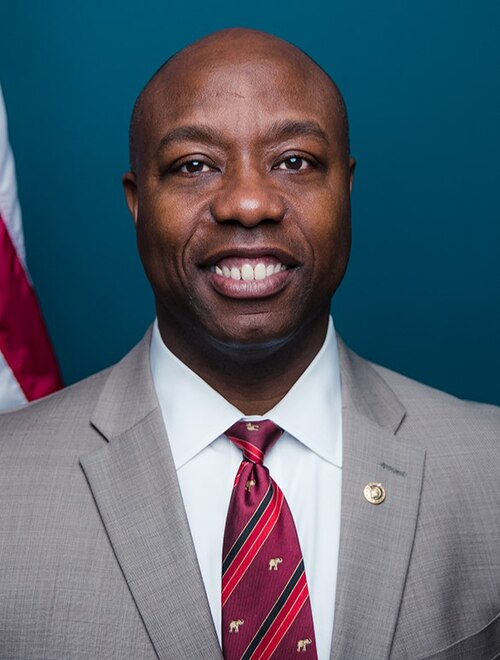S. 2883: QUAHOGS Act of 2025
The QUAHOGS Act of 2025 aims to create a task force dedicated to researching and addressing the population and sustainability challenges facing bivalves—specifically focusing on species like quahogs (hard clams)—along the East Coast of the United States. The task force will be formed within 90 days of the bill's enactment by the Secretary of Commerce, in collaboration with various regional fishery councils and management commissions.
Objectives of the Act
The Act has several key purposes:
- Characterize trends in productivity and abundance of bivalves across East Coast states.
- Identify research needs for bivalves that are important to commercial harvest and aquaculture.
- Develop a coordinated strategy to address the causes of declining bivalve harvests.
- Facilitate collaboration for conservation efforts related to bivalves.
Definition of Terms
The bill defines:
- Bivalve: Aquatic mollusks with a hinged shell, including clams, oysters, mussels, and scallops.
- Quahog: Refers specifically to the Northern and Southern quahogs (also known as hard clams).
Task Force Structure
The East Coast Bivalve Research Task Force will consist of 16 to 21 members, appointed by the Secretary of Commerce. Key members will be drawn from:
- Federal agencies like NOAA, EPA, and USDA.
- Regional fishery management councils.
- State fish and wildlife management agencies.
- Indian tribes with knowledge of bivalve systems.
- Industry representatives from various sectors of bivalve fisheries and aquaculture.
- Academic experts in bivalve biology and ecology.
Duties of the Task Force
The primary responsibilities of the research task force include:
- Conducting reviews of existing bivalve research to understand current and future harvest potential.
- Identifying gaps in scientific knowledge that hinder the management of bivalve species.
- Addressing both current and anticipated impacts of environmental changes on bivalves.
- Proposing solutions for improving bivalve health and population stability.
Reporting Requirements
The task force will be required to submit reports to various congressional committees, including:
- A comprehensive report within two years outlining findings and recommendations.
- An interim progress report within one year of its establishment.
Administrative Provisions
The Secretary of Commerce will provide necessary administrative support for the task force, including arranging for its meetings and ensuring a quorum of members. Members will serve without compensation but will be reimbursed for travel expenses related to their duties.
Funding
The Act allows for the appropriation of necessary funds to support its implementation.
Relevant Companies
- SEAS (SeaWorld Entertainment, Inc.): While primarily a theme park and entertainment company, SeaWorld operates some marine life-focused initiatives that could be influenced by changes in bivalve populations and habitats.
- TSN (Tyson Foods, Inc.): As a significant provider of protein and seafood products, Tyson may be impacted by changes in bivalve aquaculture and fishery practices.
This is an AI-generated summary of the bill text. There may be mistakes.
Sponsors
3 bill sponsors
Actions
2 actions
| Date | Action |
|---|---|
| Sep. 18, 2025 | Introduced in Senate |
| Sep. 18, 2025 | Read twice and referred to the Committee on Commerce, Science, and Transportation. |
Corporate Lobbying
0 companies lobbying
None found.
* Note that there can be significant delays in lobbying disclosures, and our data may be incomplete.






